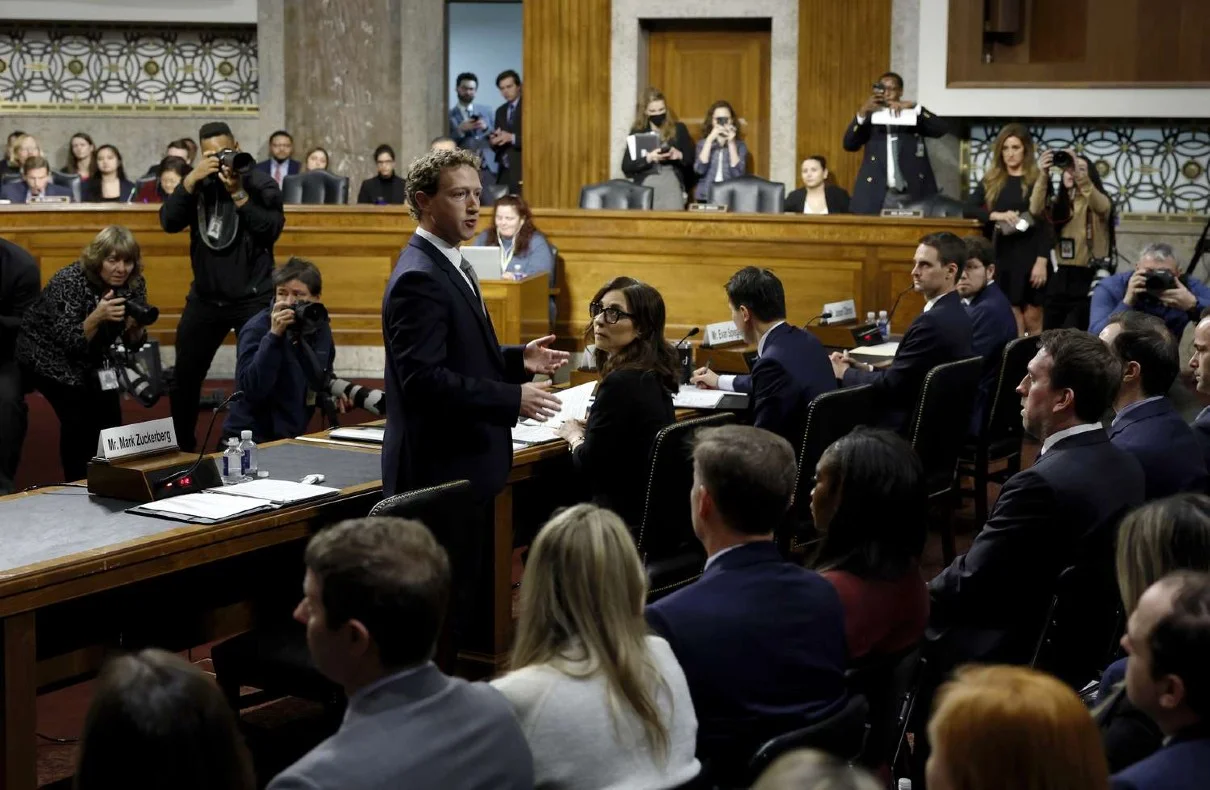
In a highly anticipated Senate Judiciary Committee hearing on online child safety, the CEOs of leading social media companies faced a barrage of tough questions and accusations. The session, marked by fiery rhetoric and emotional moments, put the spotlight on the risks young people face on these platforms. One of the most significant moments came when Meta CEO Mark Zuckerberg offered a heartfelt apology to the families of victims who have suffered as a result of the platforms’ shortcomings.
Republican Senator Lindsey Graham wasted no time in launching a scathing attack on the social media CEOs, likening them to Big Tobacco and the embattled plane manufacturer Boeing. Graham accused them of having “blood on their hands” for the deaths of children who had used their platforms, whether due to suicide or drug overdoses. He called on Congress to repeal Section 230, a statute that protects these companies from being sued by their users.
Qualcomm’s Snapdragon 8S Gen 3 is a promising addition to the mid-range smartphone market
Democratic Senator Amy Klobuchar also expressed frustration with the lack of progress in passing legislation to protect children online, citing instances of children who had taken their own lives after being bullied on social media. She implored her colleagues to take action, stating, “It’s been 28 years since the start of the internet. We haven’t passed any of these bills because everyone’s ‘double talk, double talk.’ It’s time to actually pass them.”
Under pressure from Republican Senator Josh Hawley, Mark Zuckerberg rose from his chair and directed his apology to the families in the hearing room who had lost loved ones as a result of using social media platforms. He expressed deep remorse for the suffering they had endured and acknowledged that no one should have to go through such pain. Zuckerberg emphasized that Meta was committed to investing in industry-wide efforts to prevent similar tragedies in the future.
Snapchat CEO Evan Spiegel also took the opportunity to apologize to the parents of children who died from drug overdoses after purchasing substances through the Snapchat platform. He acknowledged that despite the company’s efforts, they had not been able to prevent these tragedies.
TikTok CEO Shou Zi Chew faced intense scrutiny from senators regarding the company’s ownership by the Chinese government and the Chinese company ByteDance. Republican Senator Tom Cotton questioned Chew about the company’s data collection policies, while Republican Senator John Cornyn pointed out that TikTok was banned in Chew’s home country of Singapore for children. These exchanges highlighted concerns over the potential risks posed by TikTok’s ties to China.
The emotional hearing underscored lawmakers’ increasing frustration with the slow pace of progress in passing legislation to protect children online. While states have taken steps to address the issue, many of their efforts have faced legal challenges or have been halted in court. Lawmakers acknowledged their own responsibility in failing to act and expressed a renewed commitment to rectifying the matter.
Section 230, a controversial legal shield that protects digital services from lawsuits related to user-generated content, was a major point of contention during the hearing. Some senators argued that the protections afforded by Section 230 should be narrowed to hold tech companies more accountable for facilitating child abuse. However, others raised concerns about the potential unintended consequences of altering this legislation.
The CEOs of the social media companies, including Meta, TikTok, X, Snap, and Discord, sought to reassure the Senate about their commitment to combating child exploitation online. They highlighted their investments in safety measures and policy changes aimed at protecting young users. However, their assurances were met with skepticism from lawmakers, who pressed them to take a firmer stance on the proposed legislation.
Mark Zuckerberg Slam Apple Vision Pro, Claims Quest is the Future
The hearing aimed to build momentum for a package of bills aimed at curbing child abuse material online. These bills would allow victims to sue companies for facilitation and make it more difficult for platforms to dismiss such lawsuits. Despite bipartisan support for these measures, their progress has stalled, with no clear timetable for them to be taken up in the full chamber.
Prior to the hearing, families who had lost loved ones due to online abuse made their presence felt by holding up pictures of their deceased family members and friends. Their emotional show of force brought the hearing room to a silence. Throughout the hearing, the families and child safety advocates applauded senators who pledged to hold the companies accountable and jeered at the executives’ reassurances.
